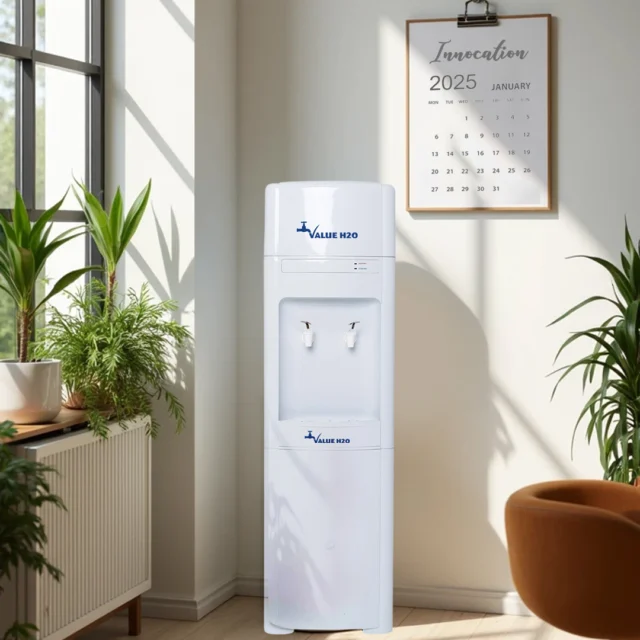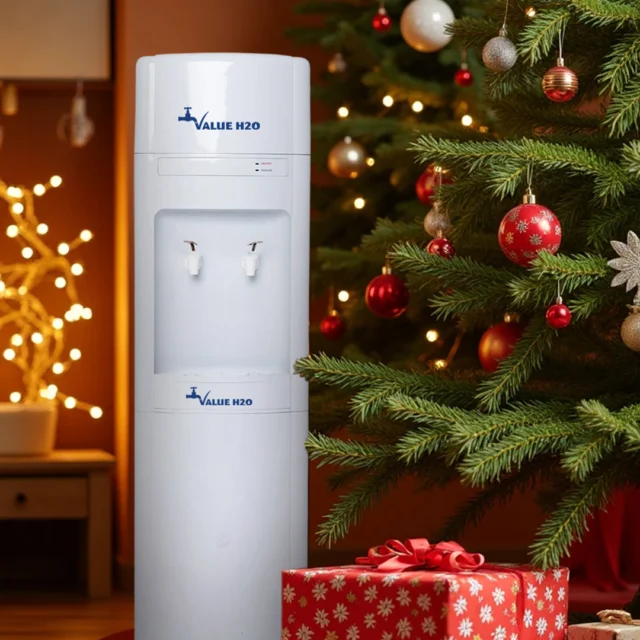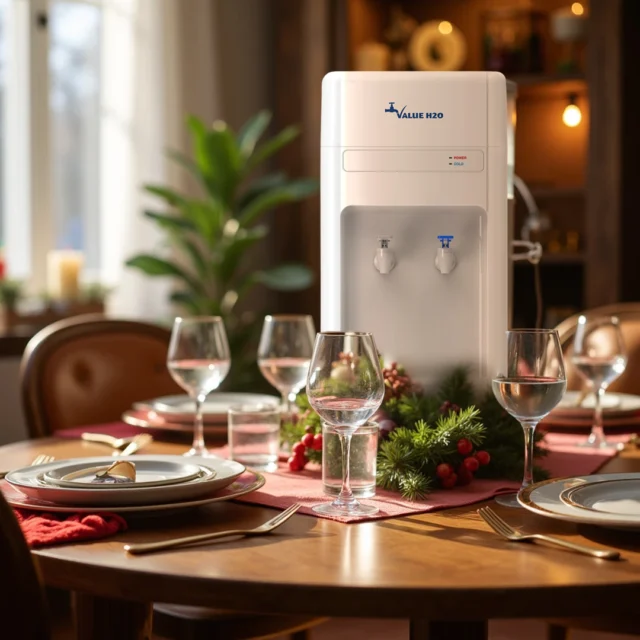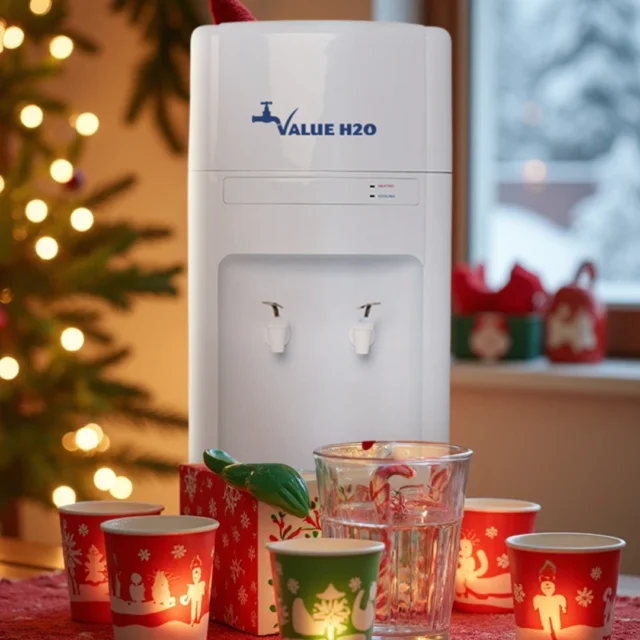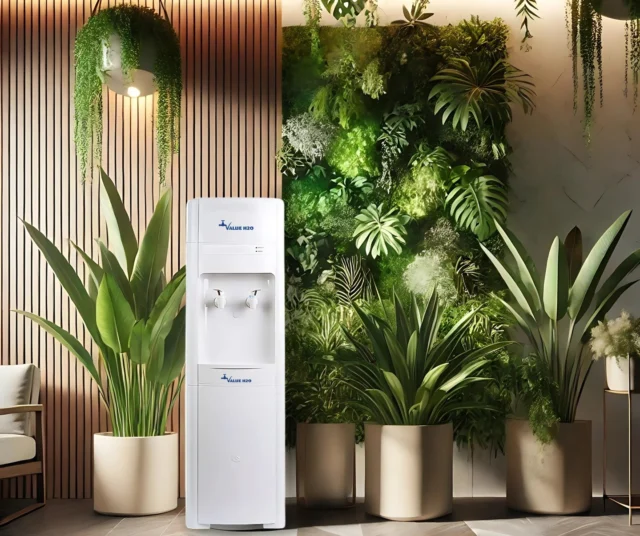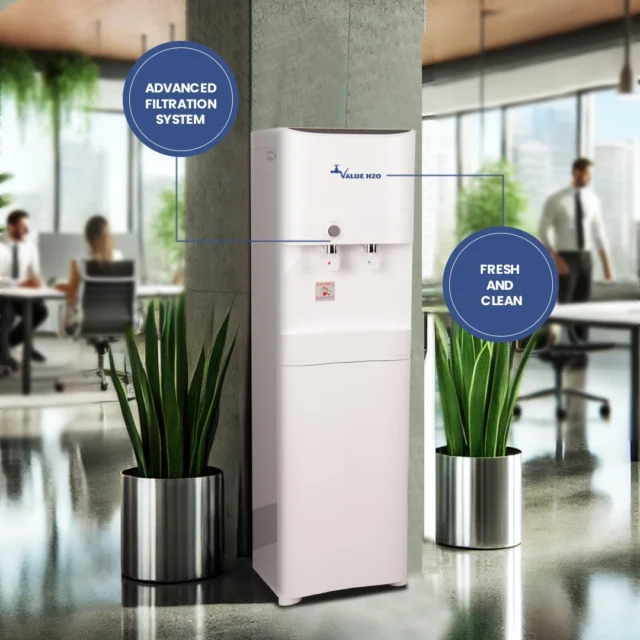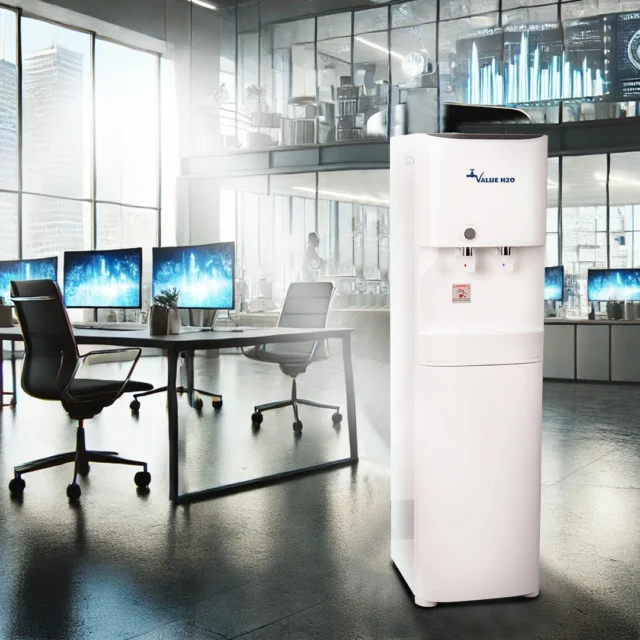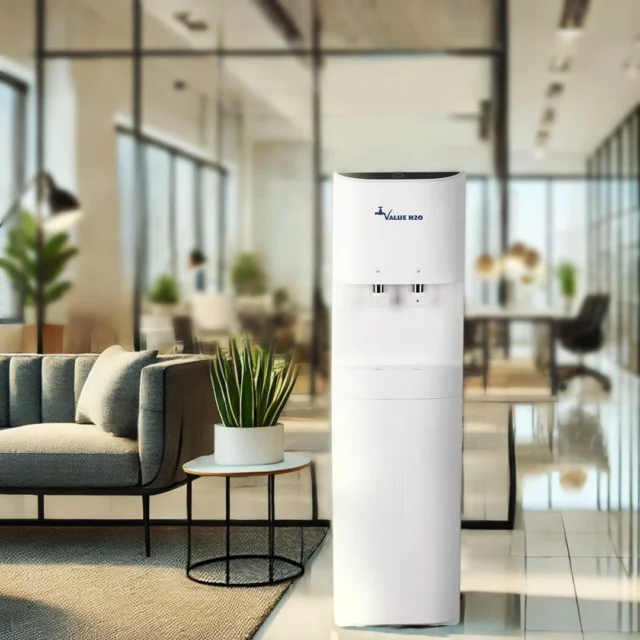When it comes to choosing a water cooler, the decision often boils down to sensor-based and manual models. Each type serves the essential purpose of providing clean, refreshing water, but they cater to different needs, preferences, and environments. Sensor-based coolers prioritise advanced technology and touchless convenience, making them ideal for modern, high-traffic workplaces. On the other hand, manual models focus on simplicity, cost-effectiveness, and durability, appealing to those seeking reliability without added complexity. Understanding the unique benefits and limitations of each option is essential to making the right choice for your home, office, or facility. With careful consideration, you can find the hydration solution that aligns perfectly with your priorities.
What Are Manual Water Coolers?
Manual water coolers are traditional models that rely on physical interaction to dispense water. Users engage with the cooler by pressing a button, operating a lever, or turning a tap to access water. These coolers have been a staple in workplaces and homes for decades, offering a practical and straightforward hydration solution. They’re designed for reliability and ease of use, making them accessible to all age groups and environments. The simplicity of manual water coolers means fewer components, which translates to lower maintenance requirements and a reduced risk of technical malfunctions. Their timeless design ensures that they remain a trusted choice for those prioritising function over frills.
Advantages of Manual Water Coolers
- Cost-Effective: Manual coolers are typically more affordable, both upfront and in terms of maintenance.
- Easy to Use: Straightforward operation without the need for complex technology.
- No Electricity Required: Many manual models can operate without power, making them suitable for areas with limited access to electricity.
- Durable and Reliable: With fewer components, they are less likely to encounter technical issues.
Limitations of Manual Water Coolers
- Hygiene Concerns: Shared buttons or levers can become high-contact points, raising hygiene concerns in busy environments.
- Limited Features: Lacking modern conveniences like touchless operation or temperature customisation.
What Are Sensor-Based Water Coolers?
Sensor-based water coolers use advanced technology to dispense water without physical contact. These systems often rely on infrared sensors or motion detection, making them ideal for hygiene-focused environments.
Advantages of Sensor-Based Water Coolers
- Enhanced Hygiene: Touchless operation minimises the risk of germ transmission, especially in high-traffic areas.
- Convenience: Quick and effortless water dispensing improves user experience.
- Modern Features: Many models include advanced options like temperature settings, portion control, and energy-saving modes.
- Energy Efficiency: Smart systems often optimise energy consumption, reducing operational costs over time.
Limitations of Sensor-Based Water Coolers
- Higher Cost: The upfront investment and potential maintenance costs can be higher than manual models.
- Dependency on Power: These systems typically require electricity to function, which can be a drawback in areas prone to outages.
- Complexity: Advanced technology may require more maintenance and troubleshooting.
Key Considerations When Choosing Between Sensor-Based and Manual Models
- Hygiene Requirements
In settings like medical facilities or gyms, sensor-based coolers offer superior hygiene benefits. However, in smaller offices or homes, manual models can still meet basic needs effectively. - Budget Constraints
Manual water coolers are more budget-friendly, making them an excellent choice for those seeking simplicity without breaking the bank. Sensor-based models may be worth the investment for businesses prioritising advanced features and user experience. - Energy Efficiency
While sensor-based coolers often include energy-saving features, manual models are inherently low-energy, particularly non-electric options. - Environment Type
For high-traffic environments where hygiene is paramount, sensor-based coolers are the clear winner. In contrast, manual coolers excel in smaller or more traditional settings.
Value H2O: Options for Every Need
At Value H2O, we understand that no two environments are the same, and hydration solutions need to reflect the unique demands of each space. That’s why we offer a diverse range of both manual and sensor-based water coolers, ensuring there’s a perfect option for every preference and budget. Whether you’re seeking the timeless simplicity and cost-effectiveness of a manual cooler or the cutting-edge convenience and hygiene benefits of touchless technology, we have you covered. Our coolers are designed with durability, efficiency, and user experience in mind, making them suitable for homes, offices, and high-traffic areas. With Value H2O, you can count on clean, refreshing water, tailored to the specific needs of your team or family.
Conclusion: Finding the Right Fit
Deciding between sensor-based and manual water coolers ultimately comes down to your specific priorities and environment. For businesses and households where hygiene, convenience, and advanced features are essential, sensor-based models offer unmatched performance and user satisfaction. Conversely, manual coolers provide a reliable, cost-effective solution for those seeking straightforward functionality without added complexity. At Value H2O, we’re here to help you navigate your options and find the perfect hydration system to meet your needs. Whether you choose the traditional appeal of a manual cooler or the modern advantages of a sensor-based system, you can trust us to deliver exceptional quality and service, ensuring you enjoy clean, accessible water every day.
FAQs Answered:
Is an automatic water dispenser good for health?
Yes, an automatic water dispenser is good for health when it includes advanced filtration systems to remove impurities and contaminants from the water. These dispensers often offer touchless features, which improve hygiene by reducing physical contact and minimising the spread of germs.
Is water cooler water good for you?
Water cooler water is good for you as long as the cooler is well-maintained and equipped with a filtration system. It provides clean, refreshing water that supports hydration, boosts energy levels, and helps maintain overall health. Regular cleaning and filter replacements ensure optimal water quality.
Are water dispensers worth it?
Water dispensers are worth it for their convenience, cost savings, and environmental benefits. They provide easy access to clean water, reduce reliance on single-use plastic bottles, and encourage regular hydration, which is essential for health and productivity.
Is it OK to drink cooling water every day?
Yes, drinking cooling water every day is perfectly safe and beneficial, provided the cooler is properly maintained. Cold water can be refreshing, help regulate body temperature, and support hydration. However, some individuals may prefer room-temperature water for easier digestion.
Is cooler good for lungs?
While water coolers themselves do not directly impact lung health, staying hydrated is essential for overall bodily functions, including respiratory health. Proper hydration helps keep mucous membranes moist, which supports lung function and reduces irritation in airways.
Does a water cooler purify water?
Many water coolers come with built-in filtration systems that purify water by removing contaminants such as chlorine, sediments, and bacteria. These systems ensure that the water is safe, clean, and healthy for everyday consumption.
